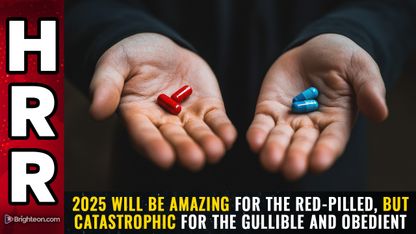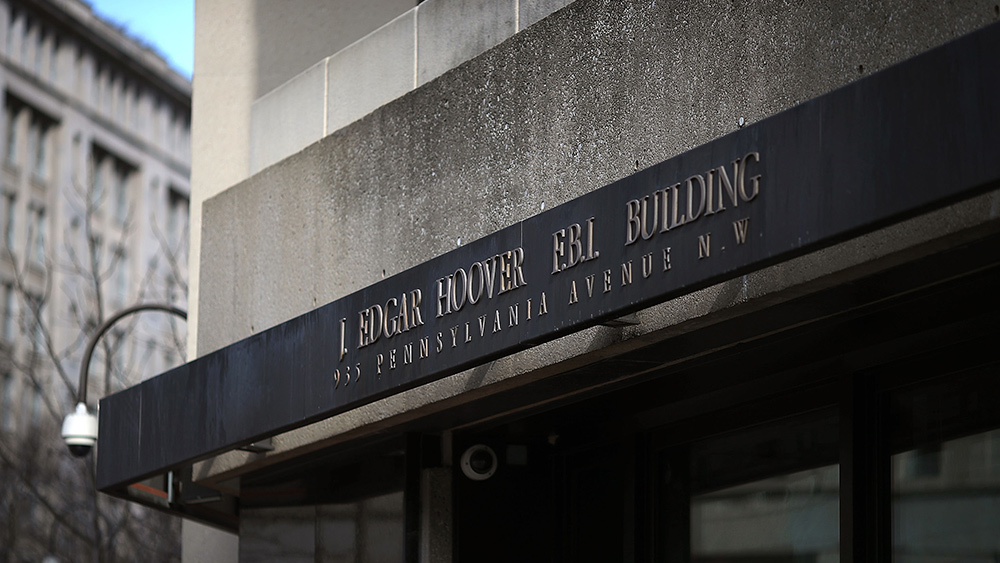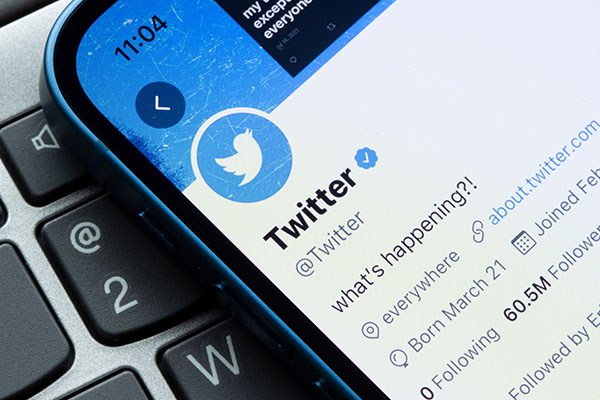
In November 2019, outlets such as Vice and the Daily Mail reported that fake political posts had been viewed more than 158 million times on Facebook so far that year, with a “tsunami of disinformation” hitting the social media site. And unlike in the 2016 presidential election, the fake news wasn’t coming from Russia – it was coming from the U.S.
The posts made a broad range of claims about players across the political spectrum, according to a report compiled by the group Avaaz. They said that the more than 158 million estimated views of these posts were enough to reach every registered voter in the country at least once.
The posts were reportedly a mix of memes, photos taken out of context, and articles from so-called fringe websites.
Avaaz Campaign Director Fadi Quran said: “Every American who cares about free and fair elections in 2020, including the candidates and political parties, should be sounding the alarm about Facebook's fake news problem.”
Quran added: “This is a company that can easily reach every voter in this country, and their tools are accelerating a wave of political lies that leaves us less informed and more polarized.”
They added that the number of people who viewed those fake news stories was more than double those who viewed the official Facebook pages for the Republican and Democratic Party that year. Nearly all of it, not surprisingly, was negative.
Anything that goes against their liberal worldview is "fake news" that must be censored
And while there is no question that Facebook is a poor source of news no matter how you look at it, all of this talk about the ”fake news” on the platform ultimately served to make it far easier for Facebook and other social media platforms to influence the election.
It allowed them to censor conservative figures and websites as part of their quest to correct their “fake news” problem. This proved especially useful when the New York Post published their bombshell report about the Biden family’s corruption. The story exposed how Joe Biden did indeed meet with an adviser to the Burisma board while serving as vice president, something he has denied, and exposed a variety of misdeeds carried out by his son, Hunter.
Internal documents from Facebook showed that they intentionally restricted the story’s distribution, according to the Guardian. It was not a move based on an algorithm, but a deliberate act done manually by moderators at Facebook. Their Policy Communications Director, Andy Stone, even admitted they would be reducing its distribution. An internal policy says the platform will remove any “unverified rumors” that may lead to harm, violence or voter interference. Twitter, by the way, locked the Post out of its account following the publication of the story.
However, it’s worth noting that no one disputed the veracity of the New York Post's story – not even Hunter Biden himself. The story explained where they got the information, and a Senate committee received files from the same source, so there really was no reason to block it. But it was all too easy for them to shout "Fake news!" and try to stop the public from seeing it.
These moves served to protect Biden from a big political scandal at a crucial moment during the run-up to the election, prompting Donald Trump Jr. to tweet: “Big Tech is openly trying to rig this election for Biden & should be held accountable immediately.”
Then, when a group with more than 350,000 members called Stop the Steal was set up to discuss the rampant voter fraud that took place in the elections, Facebook removed it from its platform in under 24 hours for allegedly affecting “real-world events” in an unapproved manner.
Tech giants like Facebook and Twitter essentially rigged the election in Biden’s favor, and they started putting the pieces in place long before Americans went to the polls this year.
Sources for this article include:
Please contact us for more information.























